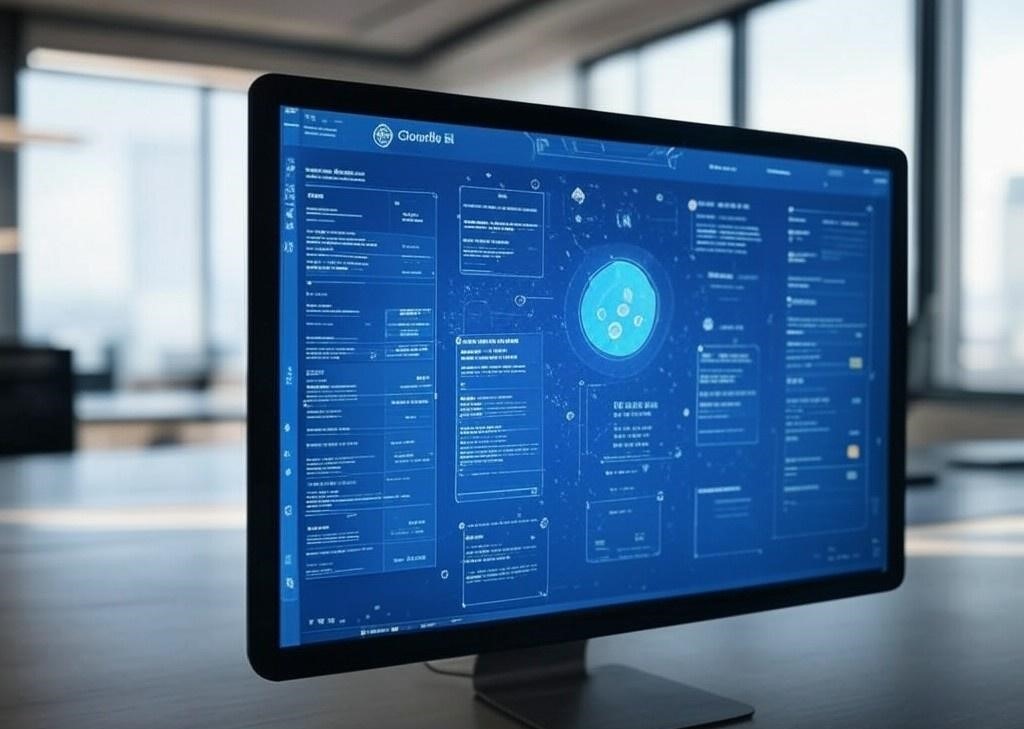
Scenario: Recognizing the trend towards sustainable living and the potential of Web3 technologies, an entrepreneur decides to open a brick-and-mortar urban gardening store, “Green Urban Oasis,” with a strong Web3 integration to enhance customer interaction, transparency, and community building.
Implementation:
- Store Concept with Web3 Integration:
- The physical store doubles as a showcase for Web3 technologies in gardening. Products are tagged with NFC chips or QR codes that link to blockchain records detailing origin, sustainability credentials, and even the carbon footprint of each item.
- Product Range:
- Sustainable Gardening Solutions: Offer products like eco-friendly pots, organic seeds, and compost systems. Each product can have a digital twin on the blockchain, providing authenticity and lifecycle tracking.
- Tokenized Rewards: Customers earn tokens for purchases, attending workshops, or participating in community events. These tokens can be used for store credits or to unlock exclusive gardening experiences or products.
- Educational Workshops with Web3 Elements:
- Workshops on urban gardening include lessons on how blockchain can trace the journey of seeds from farm to pot, ensuring ethical sourcing.
- Introduce smart contracts for community garden projects where participants can vote on decisions using governance tokens.
- Community Engagement through Web3:
- Decentralized Community Garden Club (DCCGC): A DAO where members can vote on community projects, share resources, or even manage a shared digital garden space where members can trade or gift digital versions of their plants or seeds.
- NFT Gardening Challenges: Limited edition NFTs for completing gardening challenges, which can serve as proof of skill or participation in community events.
- In-Store Experience Enhanced by Web3:
- An interactive digital wall where customers can see real-time data of their gardening impact (e.g., CO2 absorbed by plants they’ve bought) or participate in virtual garden simulations before making real-world purchases.
- Use of AR for an augmented reality garden experience where customers can preview how certain plants might look in their space.
- Sustainability and Transparency via Blockchain:
- Implement a blockchain-based system for tracking recycling and reuse of materials, allowing customers to see how their purchases contribute to a circular economy.
- Carbon credits or offsets can be tokenized, allowing customers to see and invest in the store’s sustainability initiatives directly.
Benefits:
- For Customers: A unique blend of physical shopping with digital benefits, including ownership of digital assets, transparency in product sourcing, and active participation in a community with real influence over store decisions.
- For the Community: A model for how local businesses can leverage Web3 for more democratic, transparent, and engaging community practices, enhancing local sustainability efforts.
- For the Environment: Blockchain ensures traceability, reducing fraud and promoting genuine eco-friendly practices, while also incentivizing sustainable behavior through token rewards.
- For the Business Owner: Leveraging Web3 creates a new revenue stream through tokenomics, fosters customer loyalty with unique digital rewards, and positions the store as a leader in integrating technology with traditional retail for sustainable urban living.
By combining the ethos of sustainability with Web3 technology, “Green Urban Oasis” becomes not just a store but a hub for innovative, community-driven, and transparent urban gardening practices.




No Comments